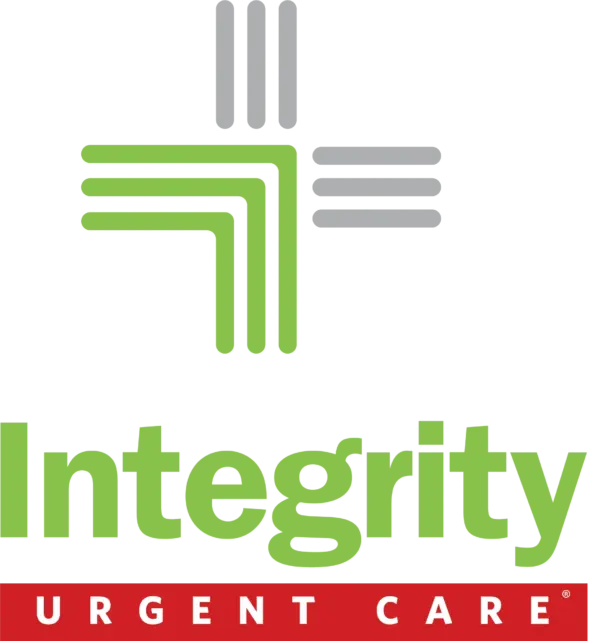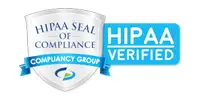“Alexa.” “Hey Google.” “Siri?” If you’ve uttered these words, you’ve used voice command technology. We’ve moved beyond the availability of information at the touch of your fingertips, to availability using the sound of your voice. An estimated 46% of adults use some form of voice assistant search daily and, late in 2017, Google estimated that about 1 in 5 mobile search queries were done employing voice commands. Those numbers will continue to increase as voice recognition systems continue to improve, become easier to use, and are increasingly extended to non-mobile devices such as smart speakers and home-based digital assistants. Analysts estimate that by 2022 55% of US households will have a smart device.
What are the implications of voice command technology for healthcare? Voice command assistants have the potential to revolutionize patient care – both at home and in inpatient settings – by increasing efficiency and allowing for easier access to medical information.
Why are patients using voice search instead of conventional online searching?
- It allows interaction even when we cannot see the device being queried.
- To interact with a device in a hands-free manner. People with disabilities who may have difficulty typing on a keyboard or smartphone find this especially helpful. It’s also quicker since most people speak at about 150 words per minute, compared to an average typing speed of 40 words per minute.
- Many people who use a voice-activated speaker say it “feels like talking to a person.” Voice command technology may make accessing medical information seem less intimidating and more personal. This may be especially true for older patients, for whom discussing medical information is often uncomfortable.
- It allows patients to receive information in real time.
How are voice assistants impacting health care?
There are already many applications for voice command assistants, some of which have life-saving implications:
- For some time, physicians have used a form of voice command technology to record and transcribe clinical notes. Having a listening device in the room during an exam room can also capture clinical notes and billing codes, providing direct links to the patient’s electronic medical record (EMR).
- A smart speaker could be used to call 911 and request an ambulance or other medical help. This technology could literally save a life by placing the call without an injured or disabled person needing to physically place a phone call.
- Performing an online search for healthcare providers or services employing voice command would search local listings and provide an answer.
- Nearby urgent care centers could be queried to determine current wait times, avoiding long wait times at the center.
What are some potential future applications for voice-activated search?
As voice command devices become more popular and better able to respond to natural language queries, the applications become even more diverse.
- Schedule appointments and request help with travel to the appointments.
- Healthcare providers can dictate pre-surgery instructions and discharge instructions.
- Process billing questions or insurance claims.
- Inpatients could ask questions about treatment plans, medications, and diet without waiting for a nurse or other healthcare provider to respond in person.
- Voice assistants in patients’ rooms could also provide a way for doctors to evaluate symptoms and process data, increasing hospital efficiency and allowing doctors to anticipate patients’ needs through remote monitoring.
Voice command interaction is already becoming part of our everyday experience and it’s natural that this will converge with our healthcare needs. Voice interfaces are increasingly more useful and less awkward to use. Healthcare providers and patients navigate this ever-changing landscape of technology to the best advantage of patient health. At Integrity Urgent Care, doing what is right for the patient is what we live by. Ensuring the best urgent care experience possible is what we strive for.
Resources:
Catley J. Voice search could improve healthcare for patients and providers alike. MD Connect Medical Marketing Insights blog. 19 Jun 2018 [accessed 19 Feb 2019]. https://www.mdconnectinc.com/medical-marketing-insights/voice-search-improve-healthcare-patients-providers
Parker G. How voice technology will impact healthcare. MachineDesign [online]. 6 Aug 2018 [accessed 21 Feb 2019]. https://www.machinedesign.com/industrial-automation/how-voice-technology-will-impact-healthcare






